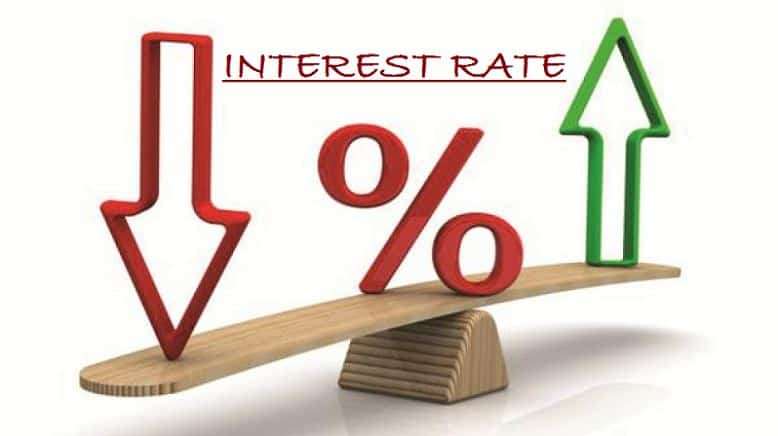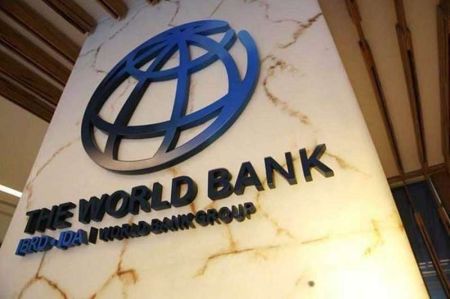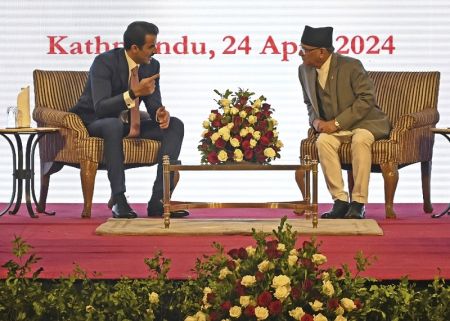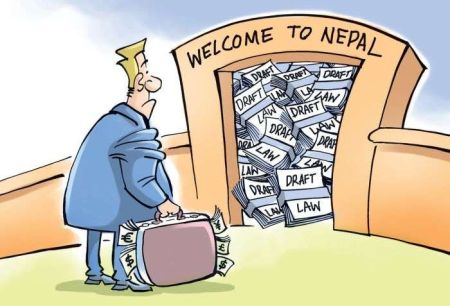August 24: Despite the attempts of banks to disburse loans by lowering the interest rates and setting new base rates, flow of new credit has still not happened. The increase in liquidity in the market is causing the old debtors to shift to the banks with lower interest rates. Banks are trying to sustain their old debtors by offering them lower interest rates.
Bankers have complained about the unhealthy competition that has surfaced because of the lowering of interest rates in order to attract the customers of other banks. Some bankers claim that some of the debtors have been swapping their loans with other banks by making a full payment of the loan before its maturity. Nepal Rastra Bank has, for the first time, announced the cost of prepayment of loans along with the service fee for banks and financial institutions, because of the coronavirus pandemic.
According to the announcement made by Nepal Rastra Bank last month, in case of prepayment or swapping of loans, commercial banks are liable to receive 0.15% of the total amount , development banks are liable to receive 0.2% and finance companies are liable to receive 0.3% from their borrowers.
“Commercial, development banks and finance companies receive a maximum of 0.75%, 1% and 1.25% respectively as the loan management fee. However, there is a provision for them to receive up to 20% on their working capital loans of renewable nature as a renewable and commitment fee, advance payment fee and loan-swap fee.
Ganeshraj Pokharel, the chief executive officer of Citizens Bank, said that it has been easier for old borrowers to move to another bank because of the lowered cost for swapping of loans. He added that the interest rates on deposits are similar for small and big banks, but the bigger banks are pulling the customers of the smaller banks by decreasing their rates greatly with their schemes.
“There is high liquidity everywhere. There is no new borrower. However, the tendency of a bank pulling another bank’s customer has increased,” he told New Business Age, adding, “Nepal Rastra Bank has fixed a very low rate for prepayment and swapping of loans. The low charge is the reason for the borrowers to move to other banks that have comparatively lower interest rates.”
Meanwhile, the Banks and Financial Institution Regulation Department of Nepal Rastra Bank informed that they decided on the cost of swap and prepayment of loans because there wasn’t enough competition in the market.
“The fee should be lowered as per the competition. It was important for us to set the limits now because banks are independent while determining such fees,” said an official of the department.
Previously, banks like Mega, NIC Asia, Standard Chartered, Sunrise, Himalayan, Everest, Global IME, Nabil, etc had determined their new base rates or increased their base rates by a little to determine their interest rates on home loans, and small and medium loans. Rates determined in this way range between 7% to 9%. The rates for such loans had also gone as high as 14% when the market didn’t have much investable capital.
The credit flow of commercial banks have become negative after having no new demand for loans and having recovered the interests and installments from old borrowers by mid-August. Nepal Bankers’ Association informed that even though commercial banks had a credit flow of Rs 86 billion by mid-July, the credit flow was negative by Rs 25 billion by mid-August. According to the association, all 27 commercial banks had to recover a combined amount of Rs 293 billion from their debtors till mid-July but the loans to be recovered has become only Rs 286.8 billion as of mid-August.
The credit flow of commercial banks was negative in mid-April to mid-June because they were not able to disburse new loans. The net credit flow was negative by Rs 16 billion toward mid-May.






















